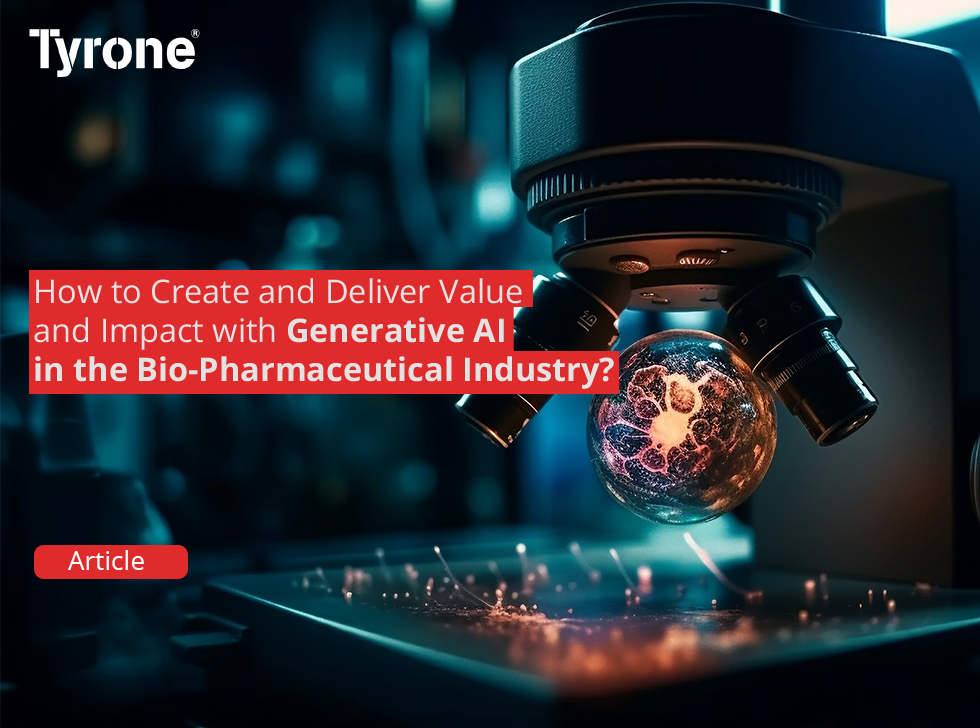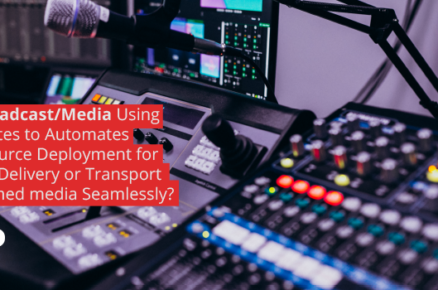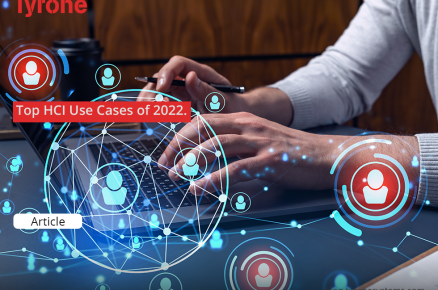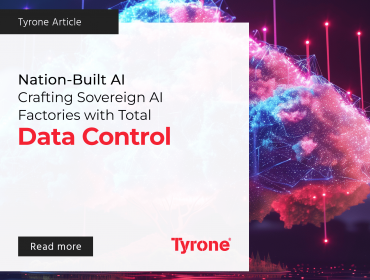Generative AI (GenAI) is an advanced machine learning technology that innovates by learning from extensive datasets, spanning text, images, code, and design. In the biopharmaceutical sector, GenAI plays a transformative role, impacting drug discovery, development, manufacturing, commercialization, and corporate functions. This article explores how GenAI can drive value across the biopharma value chain, highlighting key implementation challenges and opportunities.
GenAI in Drug Discovery and Development
One of the most promising applications of Generative AI is in drug discovery and development, where it can help biopharma companies accelerate finding and optimizing novel therapeutic candidates. GenAI can generate virtual compounds and molecules with specific properties by tapping into expansive chemical databases and learning from existing drug structures and their attributes. Generative AI can also design and optimize protein structures, essential for many biological drugs. By using GenAI, biopharma companies can reduce the time and cost of drug discovery and development and increase the chances of finding effective and safe treatments.
According to a report by McKinsey, GenAI can reduce the time to market for new drugs by 15 to 25 percent and increase the probability of success by 10 to 15 percentage points. This can translate into significant value creation for biopharma companies, as well as improved outcomes for patients. For example, Generative AI was used to identify potential treatments for COVID-19 in a matter of weeks, compared to the traditional process that can take years.
Generative AI in Manufacturing and Commercialization
Another area where GenAI can create value and impact is in manufacturing and commercialization, where it can help biopharma companies optimize their production processes, improve their quality and compliance, and enhance their market access and customer engagement. GenAI can generate and analyze data from various sources, such as batch records, quality investigation reports, electronic medical records, and claims databases, to provide insights and recommendations for improving efficiency and effectiveness. Generative AI can also create content, such as standard operating procedures, regulatory submissions, marketing materials, and sales scripts, to streamline and automate tasks and facilitate communication and collaboration.
According to a report by Deloitte, Generative AI can lead to productivity increases of up to 50 percent, cost reductions of up to 30 percent, and quality improvements of up to 30 percent in accuracy, completeness, and compliance with regulatory standards. This can result in significant competitive advantages for biopharma companies and increased customer satisfaction and loyalty. For example, GenAI was used to automate the data entry and processing of clinical study reports, reducing the time and errors by 80 percent, and increasing the compliance by 20 percent.
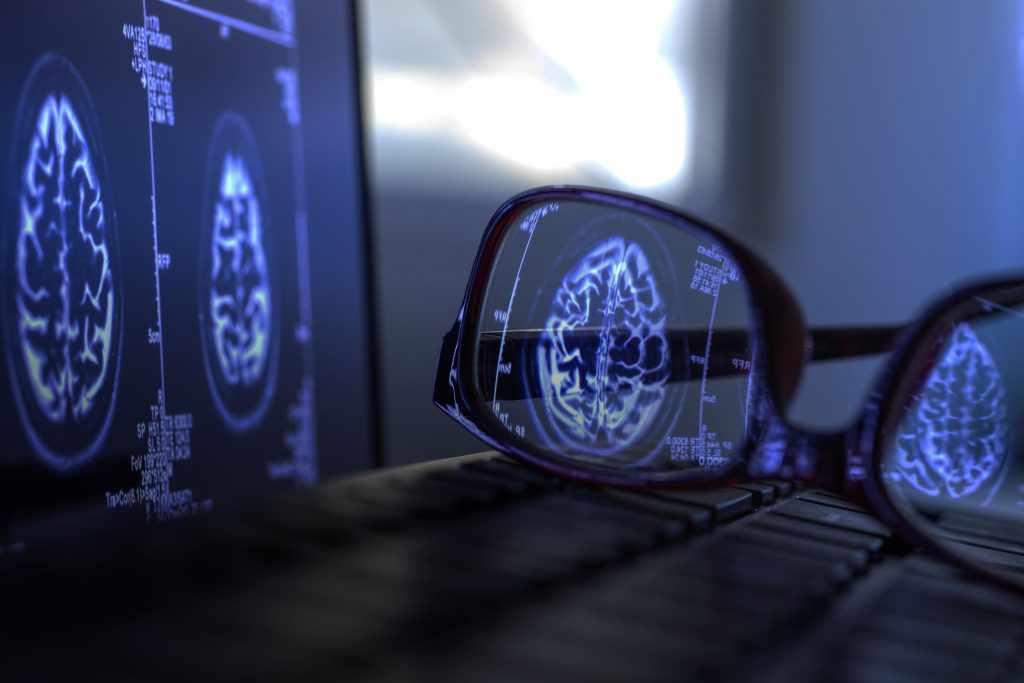
Generative AI in Medical Affairs and Corporate Functions
A third area where GenAI can create value and impact is in medical affairs and corporate functions, where it can help biopharma companies enhance their scientific and market intelligence, support their decision making and strategy, and foster their innovation and culture. Generative AI can generate and summarize information from various sources, such as academic literature, clinical trial information, news articles, and social media, to provide relevant and timely insights and trends for biopharma companies. GenAI can also create content, such as reports, presentations, articles, and podcasts, to communicate and disseminate knowledge and expertise. Generative AI can also generate and evaluate new ideas and concepts, such as business models, products, and services, to stimulate and facilitate innovation and growth.
According to a report by IFPMA, GenAI can help biopharma companies address the global health challenges and opportunities, such as aging population, chronic diseases, emerging markets, and digital transformation, by enabling them to develop and deliver more personalized, accessible, and affordable solutions. This can lead to positive social and environmental impacts, as well as long-term value creation for biopharma companies and their stakeholders. For example, Generative AI was used to generate and test new business models for biopharma companies in emerging markets, resulting in increased market penetration and revenue growth.
Challenges and Opportunities for Generative AI Implementation
While GenAI offers tremendous potential for value and impact creation in the biopharmaceutical industry, it also poses significant challenges and opportunities for its successful implementation. Some of the key factors that biopharma companies need to consider are:
- Data availability and quality: Generative AI requires large and diverse datasets to learn from and generate content. Biopharma companies need to ensure that they have access to relevant and reliable data sources, and that they adhere to the ethical and legal standards for data collection, storage, and usage.
- Technology readiness and integration: GenAI is a rapidly evolving technology that requires advanced computing power and specialized skills. Biopharma companies need to assess their current technology capabilities and gaps, and invest in the necessary infrastructure and talent to enable and support Generative AI applications.
- Regulatory compliance and governance: GenAI generates content that can have significant implications for patient safety, quality, and efficacy. Biopharma companies need to ensure that they comply with the existing and emerging regulatory frameworks and guidelines for Generative AI, and that they establish clear and transparent governance mechanisms and processes for GenAI oversight and accountability.
- Organizational culture and change: GenAI introduces new ways of working and collaborating that can disrupt the existing organizational structures and practices. Biopharma companies need to foster a culture of innovation and learning that embraces GenAI as an opportunity and a partner, supporting the necessary organizational and behavioral changes for Generative AI adoption and scaling.
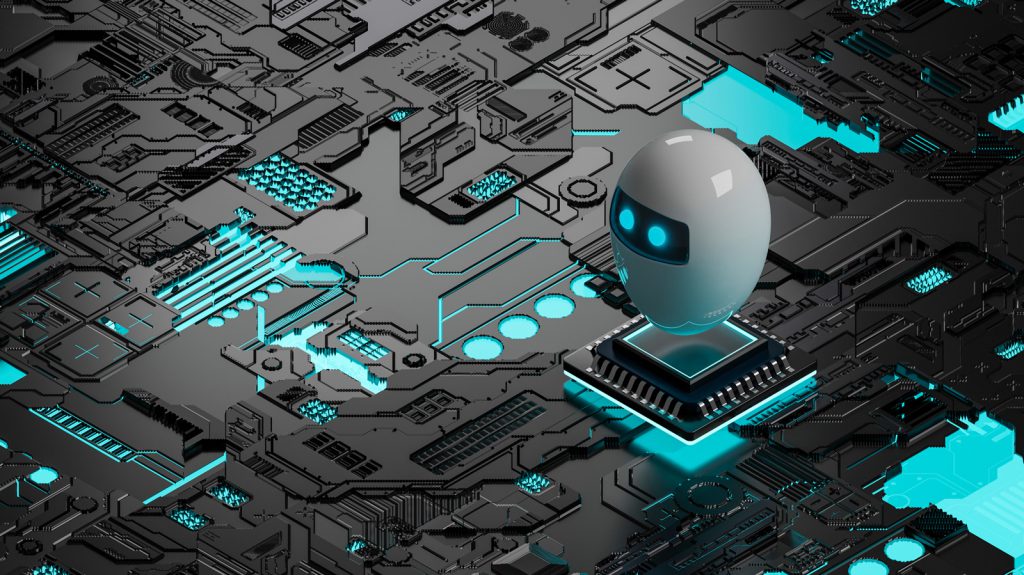
Conclusion
GenAI is a powerful and versatile technology that can create and deliver value and impact across the biopharmaceutical value chain. Using GenAI, biopharma companies can accelerate and optimize their drug discovery and development, manufacturing, and commercialization, medical affairs and corporate functions, and achieve significant competitive advantages, customer benefits, and social and environmental impacts. However, GenAI also presents significant challenges and opportunities for its successful implementation, requiring biopharma companies to consider the data, technology, regulatory, and organizational factors enabling or hindering GenAI applications. By adopting a strategic and holistic approach to GenAI, biopharma companies can unlock the full potential of this technology and create a sustainable, clean-energy future.


